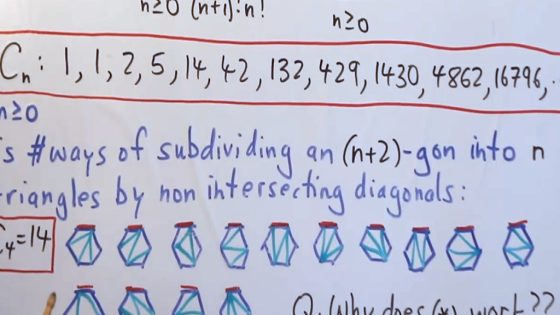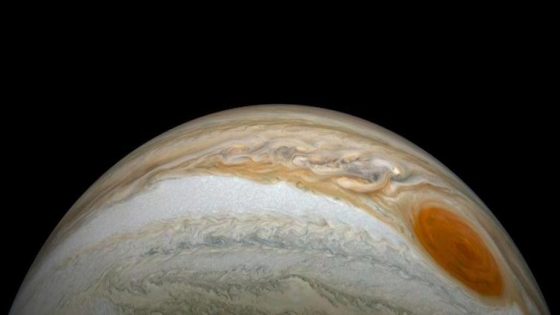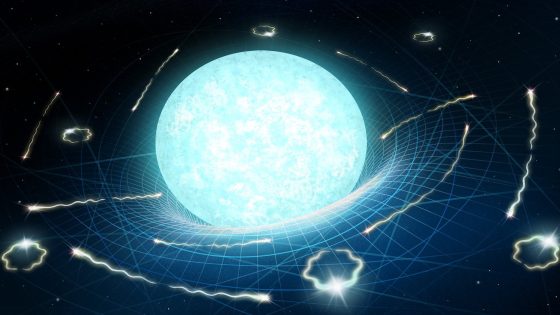Mathematicians have long grappled with higher-degree polynomial equations, a challenge that has persisted for nearly two centuries. On May 5, 2025, Norman Wildberger and Dean Rubine unveiled a groundbreaking solution, marking a significant milestone in algebra.
- Wildberger solves higher-degree polynomial equations.
- Collaboration with computer scientist Dean Rubine.
- New approach uses Catalan numbers for solutions.
- Discovery of the Geode mathematical structure.
- Potential applications in algorithms and biology.
- Research published in a mathematical journal.
Wildberger, from the University of New South Wales, emphasized that their research dramatically revises fundamental algebra concepts. By employing an innovative approach based on Catalan numbers, they have reopened a chapter in mathematical history that many believed was closed.
This discovery raises intriguing questions about the future of mathematical problem-solving. Could this new approach redefine how we understand complex equations? The implications are vast, including:
- Potential improvements in computational algorithms.
- Applications in biology, particularly in RNA molecule folding.
- Rethinking data structures and game theory.
As researchers continue to explore the implications of this work, we may witness a new era of mathematical innovation that drives advancements across diverse scientific fields.

































